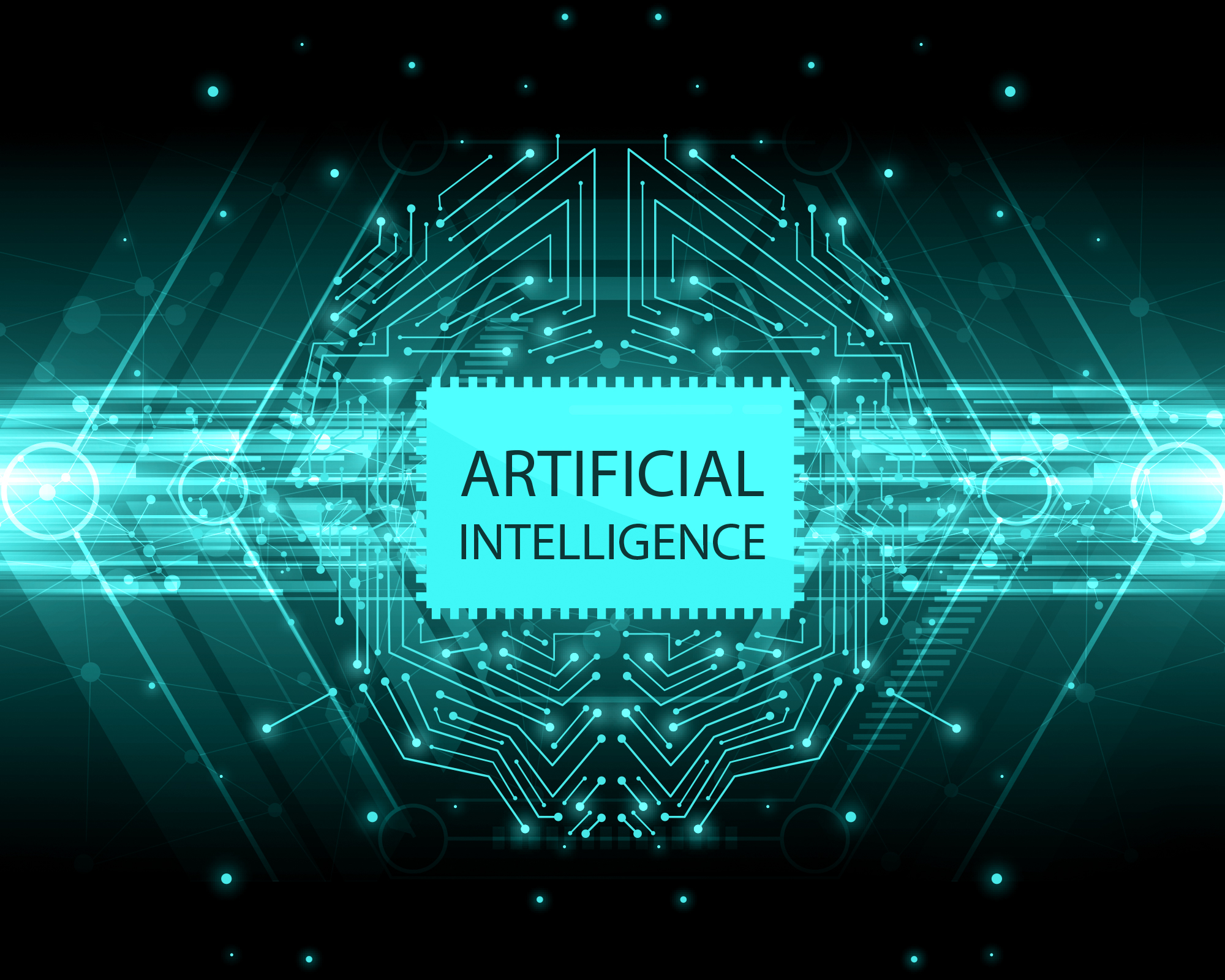
Framework for Accessible and Equitable Artificial Intelligence (AI) in Education
AI research and use is moving at a blistering pace. It’s hard to know what to do and how best to do it to continue to keep education accessible and equitable. More about Framework for Accessible and Equitable Artificial Intelligence (AI) in Education

All Standards With Us
Integrating Accessibility and Disability Inclusion in All Standards. More about All Standards With Us

Accessible Canada — Accessible World (ACAW/CAMA)
The ACAW conference is an opportunity to co-create resources and to share knowledge and lessons learned in advancing accessibility and inclusion.
Monday, May 27, 2024 & Tuesday, May 28, 2024
Concordia University, Montreal
CAMA conférence est l’occasion de co-créer des ressources et de partager les connaissances et les enseignements tirés de l’avancement de l’accessibilité et de l’inclusion.
Lundi 27 mai 2024 et mardi 28 mai 2024
Université Concordia, Montréal

We Count
Ensuring that data science, AI and machine learning are equitable and that people with disabilities can help to shape the future of data science.

Partnerships for Financial Inclusion (Financial Inclusion)
Enabling Canadians with disabilities to engage fully in the economy by addressing barriers to financial inclusion. More about Partnerships for Financial Inclusion

Weavly
Weavly is a tool designed for everyone to learn about coding. Explore activities and discover new ways to turn your ideas into reality and share your creations with others.

Regulating the Digital Domain / Réguler le domaine numérique
Regulating the Digital Domain (RtDD) is focused on supporting development of accessibility standards for existing and new technologies.
Réguler le domaine numérique (Rldn) est axée sur le soutien à l’élaboration de normes d’accessibilité pour les technologies existantes et nouvelles.
Go to: Regulating the Digital Domain / Réguler le domaine numérique website

Review of the Review
Review of the Review (RotR) is assisting Accessibility Standards Canada in developing standards development processes and activities that are accessible and inclusively designed. More about Review of the Review

Community-Led Co-design Kit
An open source toolkit for sharing knowledge about how to do co-design led by community members and organizations.

Data Communities for Inclusion (DCI)
Data Communities for Inclusion is a network of researchers, designers, and community organizers who are advocating for cooperatively-owned approaches to governing Artificial Intelligence and data technologies. Funded by the Canadian Institute for Advanced Research (CIFAR), the DCI project is creating a toolkit of open-access data infrastructure tools, inclusive design resources, case studies, and governance practices that are motivated by the successful work of the Self-Employed Women’s Association and other grassroots communities.

Ecocultural Mapping Project
The Ecocultural Mapping Project braids together Indigenous ways of knowing and Western ecological science to create an interactive, educational, ecocultural map of Retreat Cove (Xetthecum in the Hul’qumi’num language), on Galiano Island, BC, Canada.

Learning to Be Human Together (Humanizing Learning)
This resource explores the importance of, and processes for, humanizing education. We start by exploring what humanizing teaching and learning means: to acknowledge that our relationships are foundational to the work that we do. It aims to make learning inclusive with connection, access, and meaning-making at its core. More about Learning to Be Human Together

The Accessibility Exchange (TAE)
Connecting the disability and Deaf communities and their supporters with organizations and businesses to work on accessibility projects together.

Flexible Learning for Open Education (FLOE)
Designing open education for diverse learners.

Our Doors Are Open
Our Doors Are Open offers faith communities creative ideas and guidance to increase inclusion and accessibility for people with disabilities.

Future of Work: Equitable Digital Systems (EDS)
Equitable Digital Systems focused on examining the accessibility of the digital tools and systems we use for work. We used our shared experiences to make recommendations for Accessibility Standards Canada on how to prevent accessibility barriers at work from information and communication systems. More about Future of Work: Equitable Digital Systems

Future of Work and Disability (FWD)
The Future of Work and Disability project brought together a study group of fifteen people, many with lived experience of disabilities, with researchers, artificial intelligence (AI) experts, data scientists, employment organizations and others engaged in the data ecosystem. The goal of the group was to understand and examine intersecting topics of AI, automation, standards and employment as they mainly relate to persons with disabilities.

Communication Access within the Accessible Canada Act
IDRC is working to address communication access for people who have speech, language and communication disabilities. This project will focus on communication access for people who have speech, language and communication disabilities due to life-long or acquired cognitive and/or neurological disabilities. More about Communication Access within the Accessible Canada Act

Coding to Learn and Create
Co-designing inclusive educational coding tools and free creative activities, lessons, and projects that help kids learn, develop social and communication skills, and express themselves with code.

Platform Co-op Development Kit
Providing the tools and resources to start, grow and convert to platform co-ops.

Social Justice Repair Kit
Helping to make youth movements welcoming for everyone.

Centre on Inclusive Software for Learning (CISL)
Optimizing K-12 educational experiences for the diverse needs of all students.

Inclusive Cities
Co-designing connected cities, neighbourhoods, and spaces that are more diverse and inclusive.

Optimizing Diversity with Disability
The goal of ODD is to investigate bias in hiring algorithms using non-disability specific and synthesized disability specific employment data. More about Optimizing Diversity with Disability

Intelligent User Interfaces for Virtual Healthcare
Intelligent User Interfaces for Virtual Healthcare aims to reduce barriers to accessing healthcare through inclusive guidelines for (virtual or in-person) healthcare and an approach to personalization in these settings. More about Intelligent User Interfaces for Virtual Healthcare